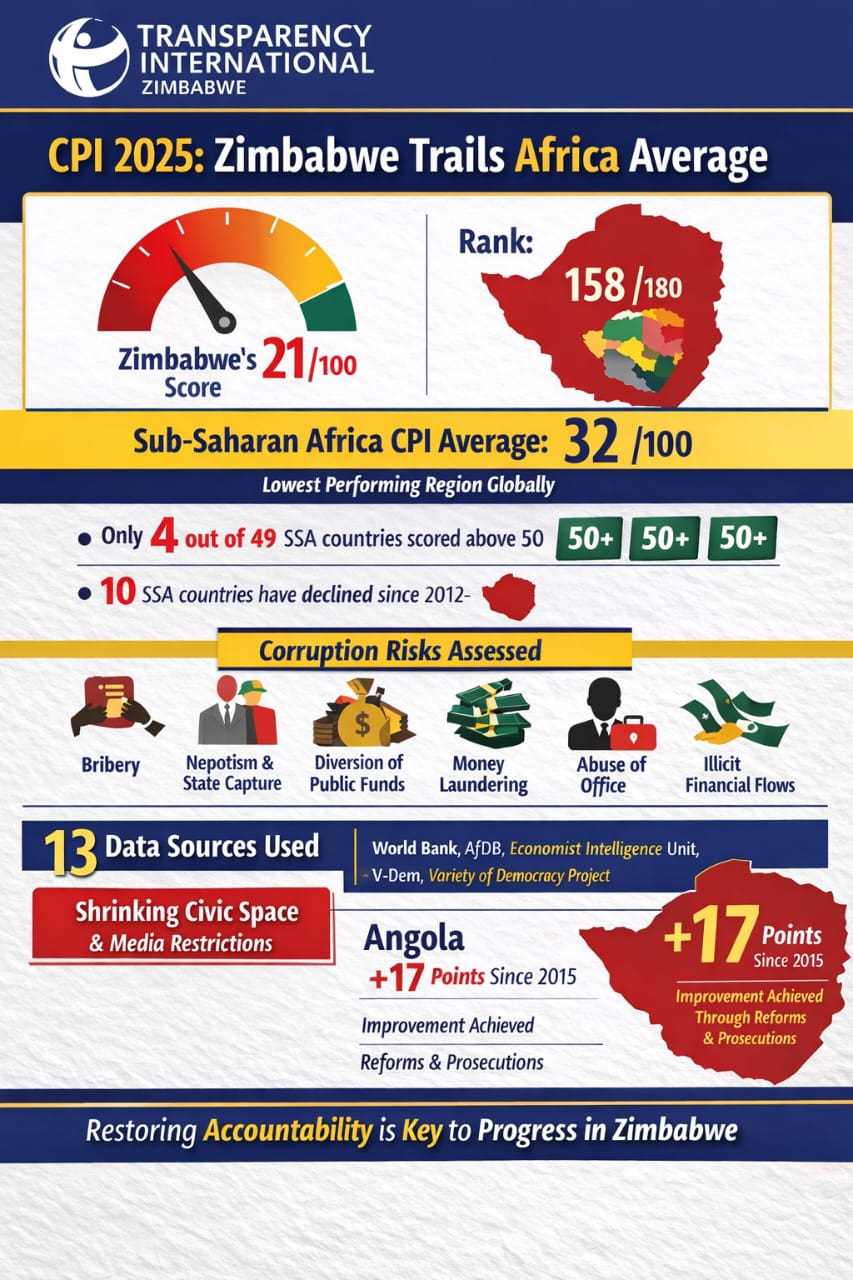
Rutendo Mazhindu- Zim Now Reporter
The government is considering major tax reforms aimed at easing the burden on small and medium enterprises, particularly those led by women, following a high-level multi-stakeholder dialogue held during the Zimbabwe International Trade Fair in Bulawayo.
The meeting, convened by the Ministry of Women Affairs, Small and Medium Enterprises Development and supported by several economic ministries and private sector representatives, comes amid growing pressure to revise Zimbabwe’s rigid tax regime.
SMEs contribute around 60 percent to the national Gross Domestic Product, yet many remain stifled by inflexible tax structures and heavy compliance requirements.
Speaking at the dialogue, Women Affairs Minister Monica Mutsvangwa said government departments have been instructed to identify and remove fiscal barriers that limit enterprise growth.
“We brought in ministries to look at the fiscal barriers we have. We are identifying and reviewing policies to open space for growth,” she said.
Related Stories
The policy shift under discussion seeks to align tax, trade, and enterprise development strategies, with a strong focus on women-owned businesses that have long operated without proper support. Mutsvangwa indicated that cross-ministerial cooperation would be essential to drive this change.
The Confederation of Zimbabwe Industries has called for a tiered tax system that considers the size and capacity of enterprises. CZI CEO Sekai Kuvarika told the meeting that the blanket tax approach was hurting small businesses.
“We need to align to the fact that women-led businesses must be allowed some leeway on taxes as they grow,” she said.
United Nations Development Programme Tax for SDGs National Coordinator Melusi Tshuma said discussions were already underway with the Ministry of Finance to explore flexible tax mechanisms.
“SMEs are a key pillar, and they operate with limited funds. We are working with the Ministry of Finance to explore mechanisms that reduce tax pressure while bringing more into the formal economy,” Tshuma said.
Stakeholders called for tax thresholds, grace periods, and incentives to help small businesses formalize and expand.


















Leave Comments